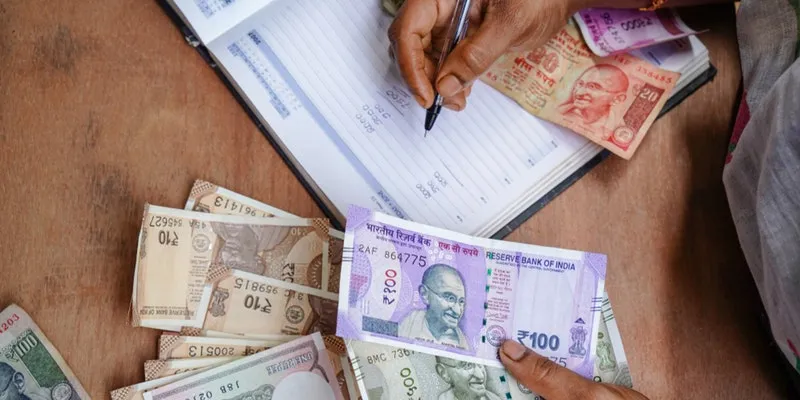Why loan disbursement alone will not be enough to help MSMEs survive the second wave of COVID-19
Last year, a slew of measures was announced to strengthen India’s MSMEs against COVID-19 but not all benefited from it. Here’s a look at how the sector plans to survive this deadly second wave.
The second wave of the COVID-19 pandemic has left a lot of businesses in the lurch. Take the case of Ludhiana-based MSME business owner Anil Bakhru whose ice cream factory has been shut for a month even though Punjab hasn’t imposed a full lockdown.
While business activity has come to a halt, entrepreneurs like Anil in the MSME industry are still weighed down by loans, taxes, electricity bills, and other daily operating expenses despite the lack of income flow.
Indeed, recent government measures — such as the loan disbursement schemes announced by the Ministry last year — may not be enough to ease the burden on the MSME industry, experts told SMBStory. Instead, industry experts believe waivers on electricity bills, income tax, and GST, as well as other incentives such as a collateral-free credit line, will be needed to ease the burden on MSMEs and help them survive the second wave of the COVID-19 pandemic.
According to Mukesh Mohan Gupta, President of the Chamber of Indian MSMEs, loans only provide temporary relief to MSMEs and may, in fact, add to their existing burden as MSMEs, who have availed loans so far, are struggling to repay them. He asks,
“The loans offered last year were for a period of three years with interest. For example, if an MSME took a Rs 5 crore loan with nine percent interest, its annual repayment for principal would be Rs 1.67 crore with Rs 49-Rs 50 lakh interest. Now, when businesses have shut again amidst the second wave and with the threat of a looming COVID-19 third wave, the capacity hasn’t built up. So, how will these businesses pay these loans back?”

In 2020, when the Indian MSME sector was on the verge of collapse due to a national lockdown, Finance Minister Nirmala Sitharaman announced a slew of measures under the Rs 20 lakh crore Aatmanirbhar Bharat stimulus package.
Of the 15 schemes announced by the FM, six were for MSMEs. Three policies that stood out were the Rs 3 lakh crore collateral-free loan scheme, the Rs 20,000 crore subordinate debt for MSMEs, and the Rs 50,000 crore equity infusion through the Funds of Funds (FoF).
But loans are not the answer and the burden of loan repayment would only add to the woes of MSME entrepreneurs.
Deepak Sood, Secretary-General of ASSOCHAM, says, “Last time, demand for the MSME industry returned more quickly. This time, however, it will take longer. That really scares us when it comes to the impact on MSMEs,” Deepak says.
Last week, the Reserve Bank of India (RBI) announced the restructuring of loans and said that borrowers that are individuals and MSMEs having an aggregate exposure of up to Rs 25 crore would be considered for the same.
Deepak welcomed this step but said that a little more could be done in terms of incentivisation or rationalisation of GST for MSMEs.
The need of the hour for MSMEs
In addition to tax waivers, Mukesh believes MSMEs need more interest-free debt schemes.
Mehul Panchal, Founder of Ahmedabad-based Filter Concept, agrees and adds that since most MSMEs have already used up whatever capital was available, financial institutions should now provide an additional 10-20 percent credit line that is collateral-free.
He points out that while the government had earlier announced collateral-free loans, banks were not very forthcoming in disbursing credit as they preferred to lend to larger enterprises with healthy balance sheets. Many MSMEs also faced a challenge as they did not qualify for the Loan Scheme introduced by the government.
Moreover, the government should rationalise import duty on key raw materials such as iron, steel, copper, aluminium, and polymers as domestic producers have been unethically raising prices, Mehul says.
“Close monitoring of prices of top 10 raw materials should also be done by secretaries of key economic ministries,” he adds.
Still, for the Indian MSME industry, as with the rest of the country, the priority for now is on ensuring the survival of businesses and the people.
Mukesh sums it up by saying, “For the many MSMEs I have spoken to, their primary concern right now is to save their employees from getting infected.”
Edited by Saheli Sen Gupta and Tenzin Pema









